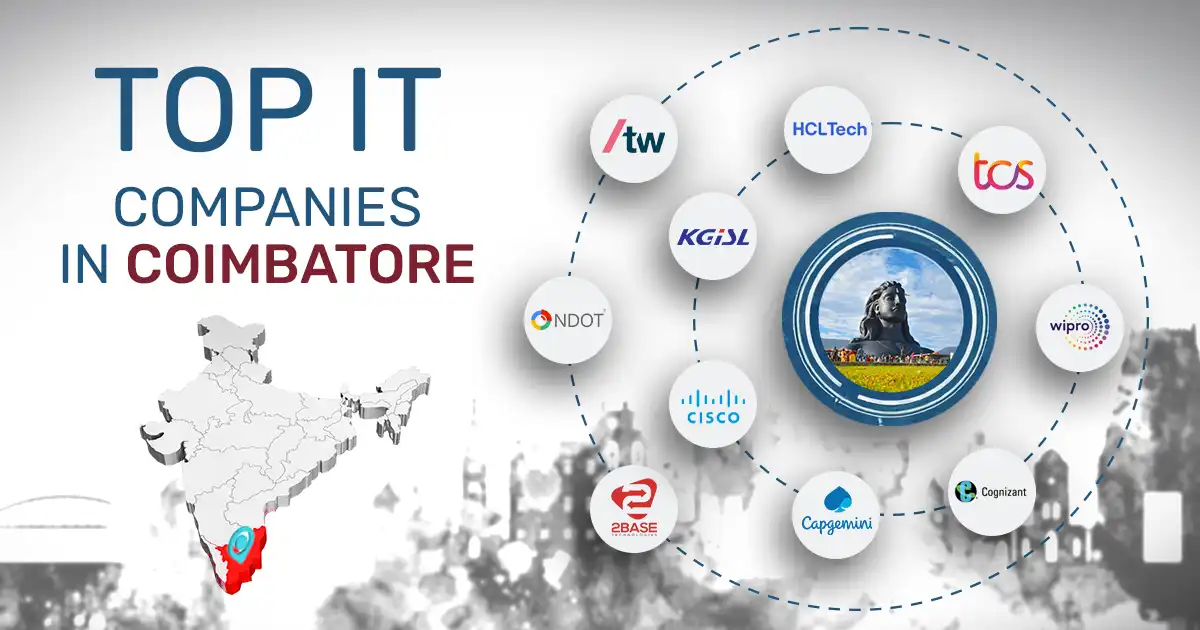
Introduction
The Foreign Trade Association in Brussels (FTA) established the BSCI, a European social monitoring system for ethical sourcing. A business-driven project, BSCI aims to improve working conditions for enterprises throughout the global supply chain. BSCI unites hundreds of businesses around a common code of conduct and assists them in creating a moral supply chain by offering a methodical, development-oriented framework that can be used in any industry and by any country of origin.
The most significant international conventions safeguarding workers’ rights the ILO Conventions and recommendations, in particular form the foundation of the BSCI Code of Conduct. Every participant in BSCI agrees to post the Code
The BSCI Certification is a commonly adopted standard for companies that are interested in promoting their devotion to social responsibility and ethical business behavior. The quality of the international labor standards, human rights, and environmental protection criteria is what this accreditation is based on. Furthermore, corporations by BSCI Certification can also prove that they are fully dedicated to developing and maintaining sustainable supply paths, safe working environments, or paying fairly.
BSCI is an industry driven movement that aims to monitor and access workplace standards across the global supply chain.
Who founded the BSCI?
In 1977, the Foreign Trade Association (FTA) was founded as a nonprofit institution. This group campaigns for and represents the interests of importers in matters pertaining to international trade. Members include businesses and organizations from eleven EU nations. Then, in order to create the instruments and protocols for the BSCI Program, the FTA formally formed BSCI in March 2003. As a result of their dedication to the BSCI’s goals, the member firms of the BSCI include their suppliers in the system.
Code of Conduct
The following are the 11 Code of Conduct guidelines that members of BSCI pledge to apply in their supply chains:
- Right of collective bargaining and association
- No Prejudice
- Equitable Compensation
- Reasonable Working Hours
- Safety and Health at Work
- No Child Labor
- Young Workers’ Protection
- No Precarious Employment
- No Bonded Labor
- Environmental Protection
- Moral Business Practices
Key characteristics and elements of the BSCI certificate
The BSCI certificate’s key characteristics and components include :
- Scope : The scope of the BSCI certificate includes any business that wishes to ensure social compliance and foster a supportive work environment in their supply chain. It reaches many diverse sectors and industries such as manufacturing, apparel, textiles, agriculture and others.
- Code of Conduct: The root basis for the BSCI certification is a Code of Conduct that establishes core principles and details for management systems, environmental care, health and safety, labor rights. The International Labor Organization’s (ILO) standards along with global norms in labor are aligned with the Code of Conduct.
- Social audit : Organizations are required to participate in social audits performed by accredited third-party auditing companies for them to obtain the BSCI certificate. The audit involves interviewing workers, reviewing documents, and inspecting the site in order to ascertain the company’s compliance with the BSCI Code of Conduct. A detailed Social Audit is necessary: it helps ensure that these organizations follow the regulations that govern their operations and, more importantly, qualify for the BSCI certificate.
- Enhancement through BSCI: Evolution is inspired by constant improvement due to BSCI accreditation. Upon completion of the audit, companies are provided with a corrective action plan which pinpoints areas that need refinement. An organization is expected to take remedial steps and demonstrate progress in the future as a result of this anticipation.
- Partnership and Disclosure: BSCI does not work alone but in collaboration with others. It values partnerships between businesses, suppliers, employees, NGOs, and labor unions where information is openly shared to promote cooperation along the entire supply chain. This helps in dealing effectively through a collective approach with social compliance issues.
- Pre-qualification system for suppliers: Prior to coming up with business collaborations, organizations can use BSCI’s pre-qualification system as an evaluation tool for the social compliance of prospective suppliers— this way partnering businesses are able to select supply chain partners already well-informed with knowledge.
Benefits of having BSCI certification
There are plenty of advantages for companies seeking to embed the Business Social Compliance Initiative (BSCI) accreditation within their supply chains, should they achieve BSCI certification.
- The Business Social Compliance Initiative (BSCI) is a clear indication of social compliance by an organization on moral business practices, worker rights, and responsible sourcing. It shows the company’s resolve to uphold labor standards and ensure comfortable working conditions throughout its supplier chain.
- Competitiveness and brand reputation are boosted by BSCI certification — sending a message to investors, consumers, and employees that the company operates ethically and values social responsibility. This can make a business stand out from its competitors and attract socially conscious customers who are concerned about supporting ethical businesses.
- Manages social and reputational risks: When the suppliers implement the BSCI principles during the social audits and full members the social issues will be recognized and handled in their supply chains. Problems like working conditions and labor laws violations can cause damage to operations and reputation. To solve the problem, the less responsible supplier shall organize a social audit regularly and thereby fulfill the BSCI principles. This lessens the possibility of social problems, poor working conditions, and violations of labor laws, all of which could harm the company’s operations and reputation.
- Establishes trust within consumers: Acquiring a BSCI certification encourages relationship-building through the transparency, and cooperation of stakeholders. By presenting a vigorous pledge to the workers’ participation in social dialogue, and the improvement of working circumstances, the company can develop closer links with the suppliers, worker, NGOs, and trade unions. For the brand to reach a level where everything concerning living and environmental matters are clear, there should be established connections with suppliers, workers, shareholders
- Due diligence and compliance: The BSCI recognition of the plants allows businesses to become more imitators in their work with the codes of worldwide labor standards and the legal obligations of health, safety, and workers’ rights. This approach is also aimed at strengthening a culture of legal compliance in which businesses of vendors, suppliers, and partners are subject to the business practice of proactive ownership of the issue of ethical compliance.
- Bettering supply chain management: They suggest that it is better to evaluate and monitor the social compliance of their supply chain partners instead of just providing them with the BSCI accreditation. Companies within their supply chains have the option to not only perform supply chain pre-qualification and conduct routine audits for development but to also make prompt policy adjustment through labor policies observation and feedback.
- satisfies demands and expectations of customers: An impressive number of important clients are looking for these vendors that guarantee social compliance, the most committed to sustainability. A company can attain a competitive MEP in the market by satisfying the supplier criteria and going beyond the consumer expectations with the help of the BSCI certification.
Conclusion,
In conclusion, BSCI Certification is a very formidable and beneficial instrument for the companies which would like to set the highest benchmarks of social compliance and sustainability to be able to attract more buyers to their portfolio for growth. When obtaining this certification, companies can separate themselves from competitors so that, in a manner that was, socially responsible customers would be attractive and this, in turn, would contribute to the changes in the global supply chain.




